Brain
-
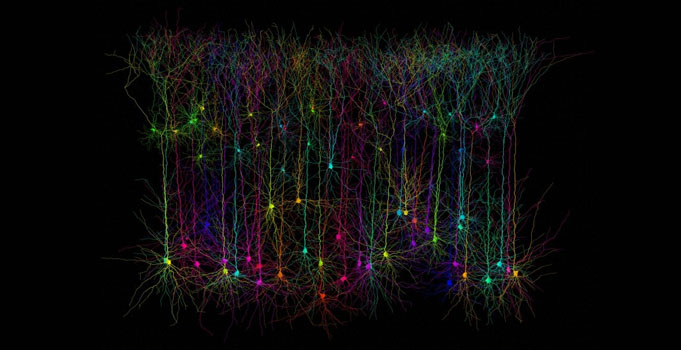
New clue to ADHD
A rare genetic change adds support to the idea that altered dopamine signaling is a key risk factor for ADHD. Read MoreMay 15, 2012
-
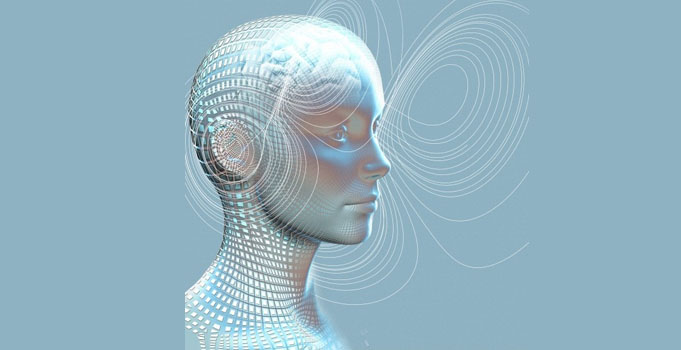
Perfect timing for sensory processing
Identification of brain regions involved in processing sights and sounds may offer insights into disorders like autism and dyslexia. Read MoreMay 11, 2012
-

Vision study changes how we see the brain
Vanderbilt researchers have discovered that the pulvinar, a mysterious structure buried in the center of our brains, determines how we see the world — and whether we see at all. Read MoreMay 10, 2012
-
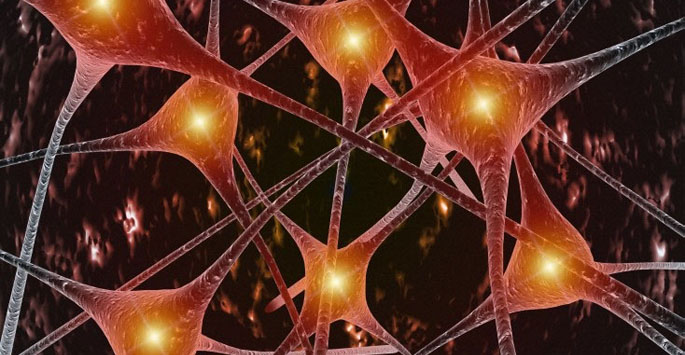
Probing epilepsy’s molecular sparks
Understanding how mutations in neuronal receptors contribute to epilepsy could lead to improved therapies. Read MoreMay 10, 2012
-

Dopamine impacts your willingness to work
A new brain imaging study that has found an individual’s willingness to work hard to earn money is strongly influenced by the chemistry in three specific areas of the brain. Read MoreMay 1, 2012
-

Minds wide open: Neuroscience at Vanderbilt
Vanderbilt University has emerged as one of the nation’s leading academic centers in neuroscience. Read MoreApr 6, 2012
-

Study reveals effects of different teaching styles on learning new words
A new study on novel word learning uncovered clues on reading and plasticity in the brain that could determine interventions for children who struggle with reading. Read MoreApr 4, 2012
-

Shyness study examines how brain adapts to stimuli
Shyness may be caused by deficits in the brain. Read MoreMar 9, 2012
-

Switch to cooling blanket spurs new infant brain research
Using a cooling blanket with newborns who have suffered from oxygen deprivation allows researchers to study what is happening in the brain and what brain cooling therapy can achieve. Read MoreFeb 24, 2012
-

Alcohol’s molecular mediators
Therapeutic agents focusing on the brain region involved in stress-induced relapse may be effective in preventing relapse in patients with alcohol use disorders. Read MoreJan 23, 2012
-

Estrogen treatments increase gray matter in brain
Short-term hormone replacement therapy offers potential benefit for cognitive functioning. Read MoreNov 18, 2011
-

Parkinson’s deep brain target fired up
Neuronal activity in a deep brain region increases as Parkinson’s disease advances, a new study suggests. Read MoreOct 5, 2011
-

VUCast: Powering up Preschool
Vanderbilt research shows what you should do to boost your young child’s brain power. Plus, want to smack someone? How the brain handles impulse control. And Coach Franklin talks the talk and walks the walk! [vucastblurb]… Read MoreSep 28, 2011
-

New insight into impulse control
How the brain is wired to control impulsive behavior differs significantly from what psychologists have thought, new research finds. Read MoreAug 30, 2011
-

Depressed brains more stressed
Patients with major depression may have altered gene expression associated with stressful conditions in certain brain areas. Read MoreAug 11, 2011
-

Kidney dopamine regulates blood pressure, life span
Vanderbilt University Medical Center investigators have demonstrated that dopamine produced outside the brain – in the kidneys – is important for renal function, blood pressure regulation and life span. Read MoreAug 5, 2011
-
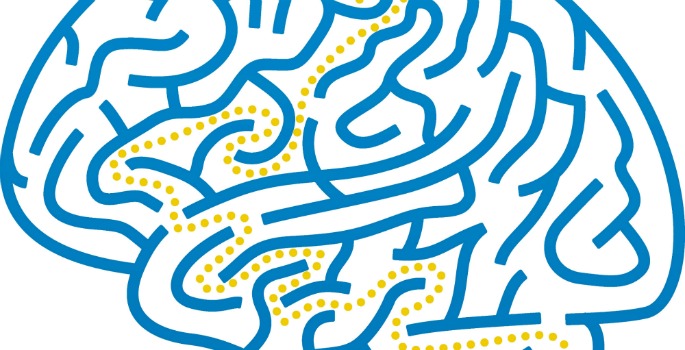
Connecting the dots in schizophrenia
Abnormalities of the hippocampus, a seahorse-shaped brain region involved in learning and memory, may play a role in the psychotic symptoms and cognitive deficits of schizophrenia. Read MoreJul 29, 2011
-

Memories may skew visual perception
New research from Vanderbilt University indicates images held in our working memory may skew perception of current events. (iStock) Taking a trip down memory lane while you are driving could land you in a roadside ditch, new research indicates. Vanderbilt University psychologists have found that our visual perception… Read MoreJul 19, 2011
-
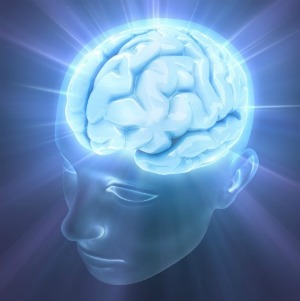
Protecting brainpower during radiation
Blocking a certain protein during radiation to treat brain cancers could protect the brain’s thinking powers. Read MoreJun 29, 2011
-
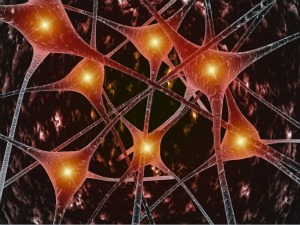
Fine-tuned protein makes memories
Researchers discover new wrinkles in how proteins build memories. Read MoreJun 24, 2011